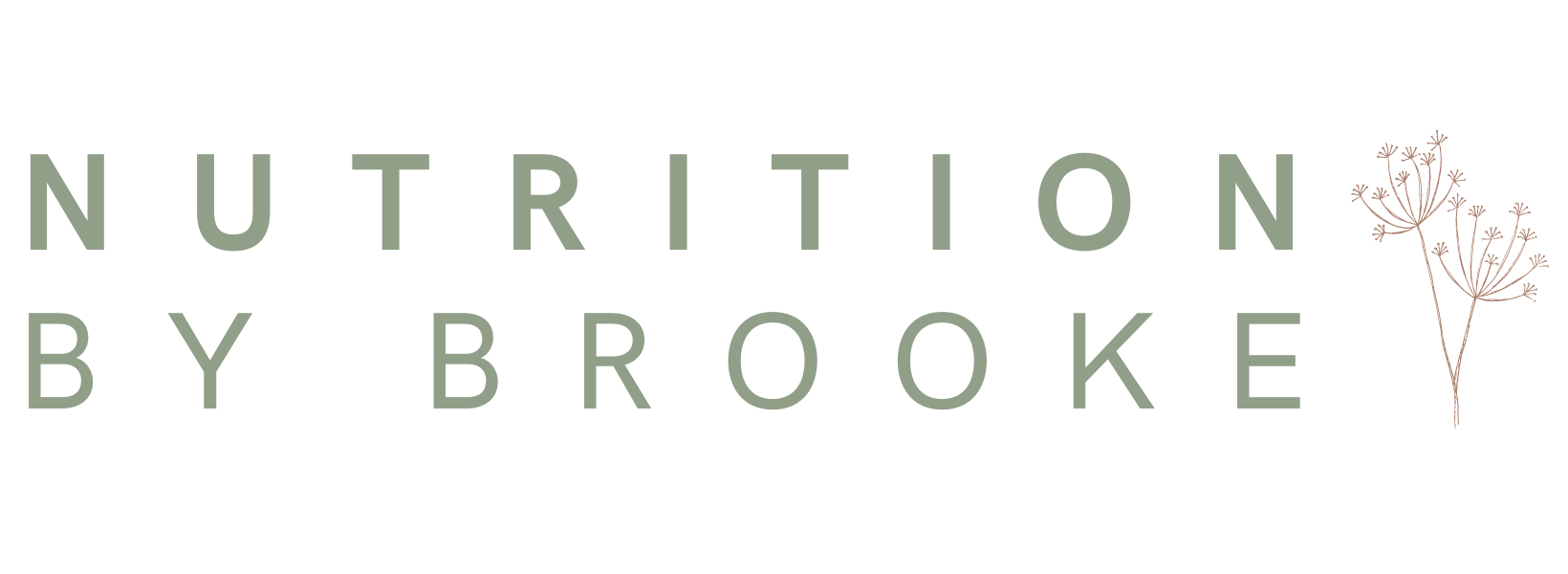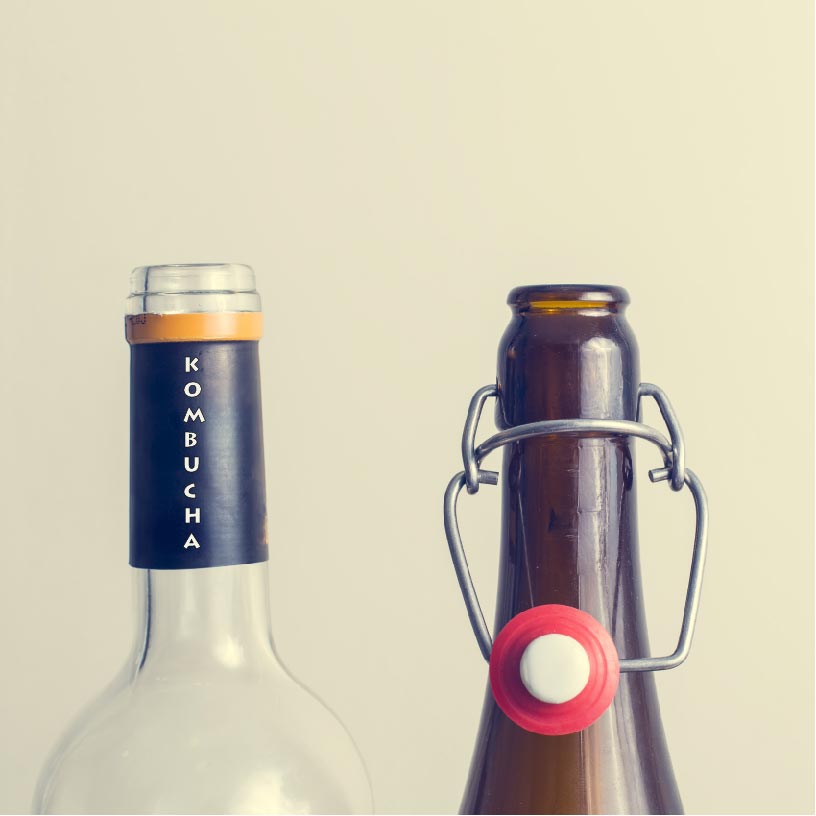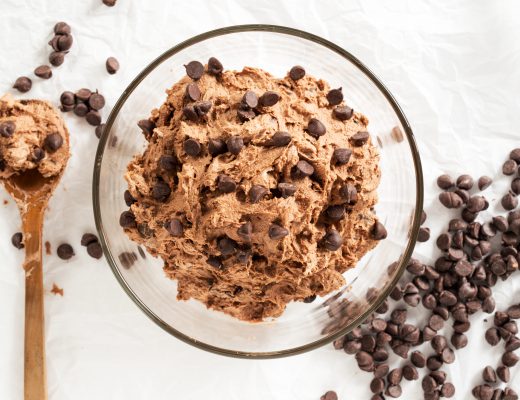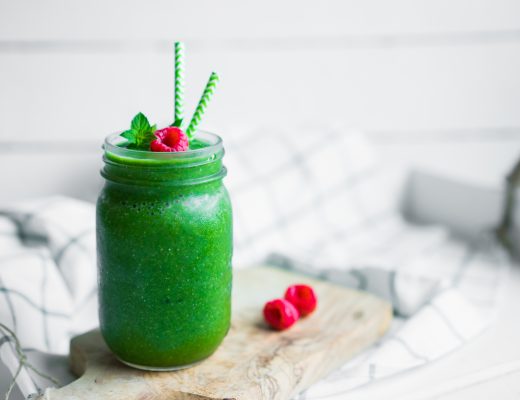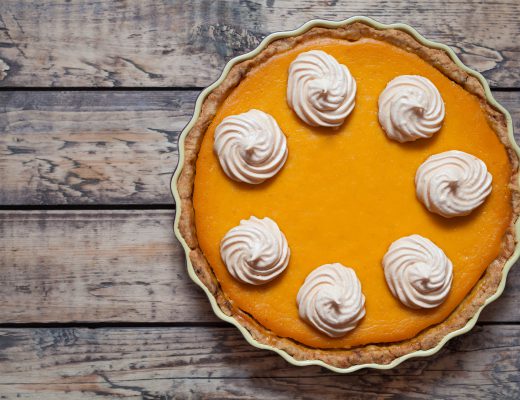Kombucha is a naturally carbonated fermented tea packed with enzymes, probiotics, high levels of antioxidants, b-vitamins, glucaric acid and other beneficial acids. It has been reported to have a variety of health benefits including:
- liver detoxification
- improved pancreas function
- increased energy
- better digestion
- improved mood (helps with anxiety/depression)
- kills Candida
- helps nutrient assimilation
Batch Brew vs Continuous Brew
Batch brew is great for kombucha newbie’s, especially if they are not sure if kombucha is right for them or if they are only wanting a few glasses of kombucha a week. Continuous brew is for those who really enjoy having homebrewed kombucha around or have already hooked their family on it because it makes a lot more!
In the batch brewing method, every time you brew, you make a bunch of sweet tea and combine with starter liquid, a super sweet 9/1 solution. After 1-2 weeks, the scoby and starter liquid work very, very hard and finally transform ALL that liquid into kombucha.
In contrast, with your continuous brewing method, you will only be refilling around 25% of the container with sweet tea, while 75% is your mature kombucha and giant scoby, this time a powerful 3/1 concentration in favor of the kombucha. It will take only a day or two to transform that relatively small amount of sweet tea into healthy kombuch (although I still usually wait around 5 days before I have my first glass).
Ironically, continuous brew is the method most akin to the ancient way of brewing kombucha and offers several benefits to our modern way of living:
- Reduced Mold Risk – When using the batch brew method, the scoby moves from batch to batch of sweet tea. The continuous brew method eliminates almost all handling of the scoby culture except for the occasional cleaning of the vessel, resulting in much lower contamination risk.
- Less Mess – Bottling directly from the continuous brew vessel/container makes it easier by using the spigot to drain the brewed kombucha into bottles, already filled with flavoring.
- Deeper, Richer Brew – Though unbottled kombucha will tend to grow more tart by taste, kombucha works in cycles. The first cycle completes at roughly the 15 day mark. As the Kombucha continues to ferment, other healthy acids are then expressed at the 30 day mark. In a batch brew method, waiting 30 days may yield a Kombucha too tart to drink. With CB, you have all stages of the fermentation process, but the flavor is tempered by adding more sweet tea.
Personally I started making kombucha at home with the batch system. It worked fine for a while, but it didn’t yield enough and I found myself still buying bottled kombucha from the store just to get my fix. I felt like I was wasting money buying store bought, since I was making it at home anyways (and store bought kombucha ain’t cheap.) I also ran into some mold problems with the batches. I have not had any problems with mold since I switched to continuous brew.
I didn’t start drinking kombucha for any health related problems, but simply because it tasted good and my boyfriend really liked it. But, since drinking kombucha for a few months I’ve noticed improved digestion, decreased appetite, decreased tolerance and cravings for sugar (crazy!) and a much stronger immune system (my lab results prove it).
OK, let’s make some booch!
Notes: Make sure all ingredients, materials and your hands are clean. I like to rinse everything with vinegar before I start. Don’t clean anything with antibacterial soap because it will kill your scoby- which is a bacteria 🙂 If you already ferment other things (kefir, sauerkraut, pickles, etc.) in your kitchen, make sure all the jars are at least a few feet apart to prevent cross-contamination of the cultures.
Batch System Recipe
What you’ll need:
- a gallon size glass jar
- 1 gallon of brewed sweetened tea (ratio: 1 cup of sugar per gallon of tea) I use regular black tea, though I’ve heard of others using green or herbal teas
- A scoby (I bought my scoby from Kombucha Kamp, but you can get it from a friend who brews!)
- 1/2 cup of liquid from a previous batch of Kombucha
- thin cloth and a rubber band (or a coffee filter and a rubber band)
- Prepare the sweet tea. I use 1 family size tea bag or 8-10 small bags per gallon of water. Add 1 cup of regular sugar (organic preferably). Do not use honey!
- Let tea cool to room temperature and make sure it is really cool! This step is very important as too hot of tea can kill your scoby
- Once tea is completely cool, pour into glass jar, leaving just over an inch of room at the top. Pour in ½ cup liquid from a previous batch of Kombucha or if you don’t have that, pour in a 1/2 cup from a store bought kombucha
- With very clean hands, gently place the SCOBY at the top of the jar of tea. It may float or it may sink, either way it’s ok!
- Cover the jar with the coffee filter or cloth and rubber band tightly (flies love this stuff too)
- Put the jar in a warm corner at least a few feet away from any other fermenting products (around 70-75 degrees is best, the colder it is the longer the fermentation process will take)
- Let sit to ferment for around 7 days, though the length of time may vary depending on your temperature. You can test the Kombucha by placing a straw in the jar carefully (slide under the SCOBY) and sipping. It should taste tart but still very slightly sweet also.
- At this point, Kombucha is ready for a second ferment. If you aren’t doing the second ferment, just pour the kombucha into another jar or jars with airtight lids and seal until ready to drink.
If you are double fermenting/you want to add flavor and more carbonation, then you’ll also need:
-another gallon size jar or 5 quart sized jars
-about 1 quart of fruit juice- (I like raspberry, ginger, blueberry) or ½ cup frozen berries (I like raspberry) or dried herbs (I like hibiscus and elderberries)
- Get another very clean gallon sized jar or smaller jars if you want different flavors
- Pour juice of your choice into the big jar or divide between smaller jars, filling each jar about 1/5 full
- Pour the finished Kombucha into the jars until about 1 inch from the top. Make sure to leave about 1/2 cup brewed Kombucha in the jar with the scoby
- Once the Kombucha is poured off, pour the scoby and remaining juice into a clean bowl
- Repeat the steps above for the first fermentation to start another batch of Kombucha
- Tightly cap the smaller jars with the fruit juice added and leave at room temperature for another 2-7 days until carbonated to your taste
- Refrigerate before drinking or pour over ice 🙂
Continuous Brew Recipe
What you’ll need:
- a vessel with spigot (I got mine here because I like that it’s made in the USA and is ceramic but a lot of my friends have found theirs at yard sales!
- a wood stirring utensil (never use metal in contact with a kombucha scoby!)
- cheesecloth, a coffee filter or kitchen towel to cover
- a rubber band to secure the cover
- a scoby
- tea (I order bulk from here)
- organic sugar
- starter tea from a previous batch of Kombucha
- Filtered water
Cultures for Health offers this chart for proportions and it can be increased to fit your container size:
- Prepare the sweet tea. I use 2 tablespoons of loose tea, 2 family size tea bags or 8-10 small bags per gallon of water. Add 1 cup of regular sugar per gallon(organic preferably) Do not use honey!
- Let tea cool to room temperature and make sure it is really cool! This step is very important as too hot of tea can kill your scoby
- When tea is completely cool, pour into glass jar, leaving about 20% of the room at the top. Pour in the correct amount of liquid from a previous batch of Kombucha
- With very clean hands, gently place the SCOBY at the top of the jar of tea. It may float or it may sink, either way it’s ok!
- Cover the jar with the coffee filter or cloth and rubber band tightly (flies love this stuff too)
- Put the jar in a warm corner where it is at least a few feet away from any other fermenting products (around 70-75 degrees is best, the colder it is the longer the fermentation process will take)
- Let sit to ferment for around 7 days, though the length of time may vary depending on your temperature. You can taste test the Kombucha to see if it is done. It should taste tart but still very slightly sweet also.
- At this point, kombucha is ready for a second ferment by pouring kombucha from the spigot into a jar or jars with juice (I like ginger, raspberry and blueberry) frozen berries (I like raspberries) or herbs(I like hibiscus and elderberries) and airtight lids and seal until ready to drink. OR simply just pour some kombucha into a glass and drink it as is. With continuous brew, you can dispense in to several jars, this way you can experiment with many different flavors! (start saving all of your glass jars!) 🙂
